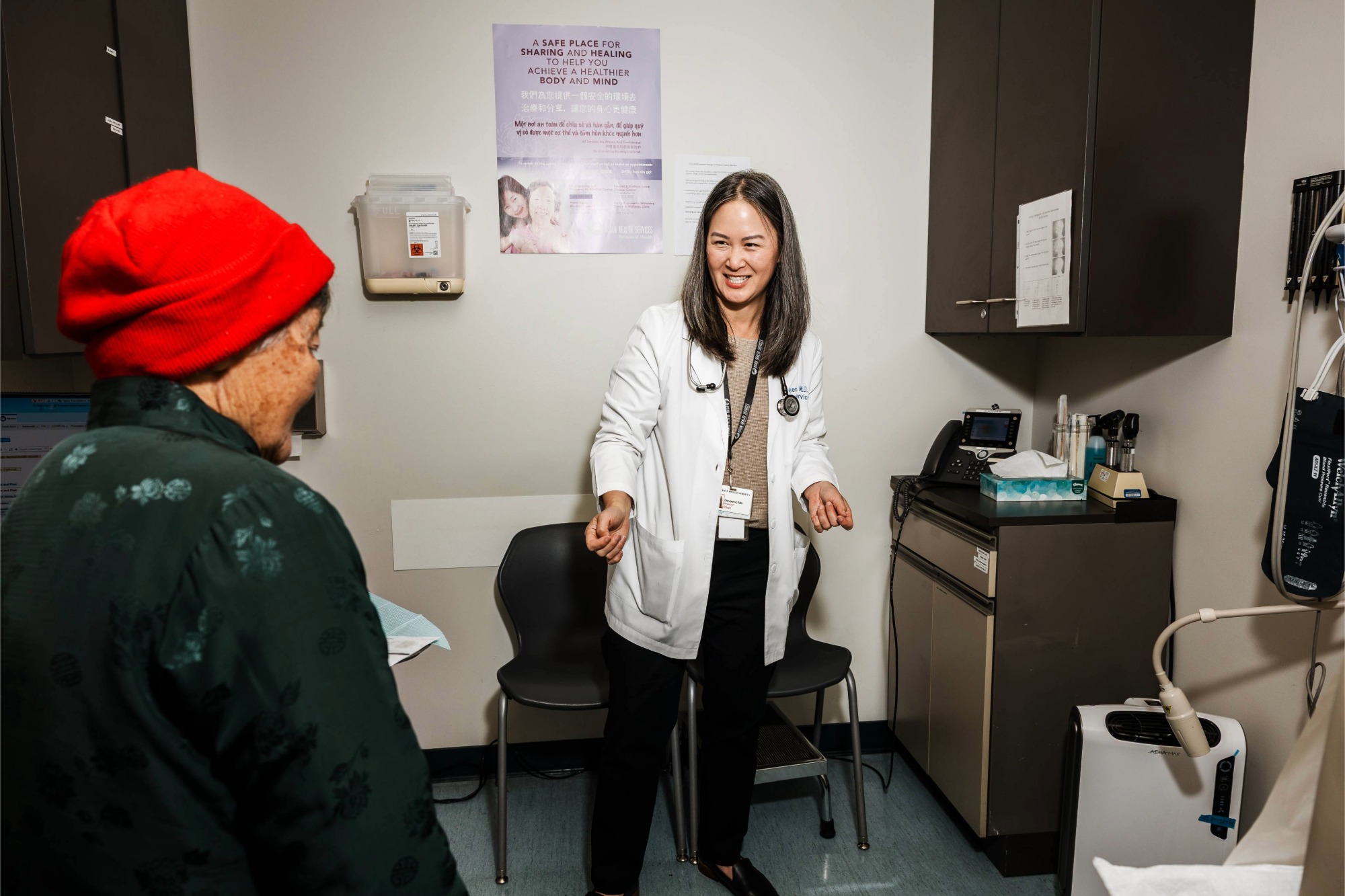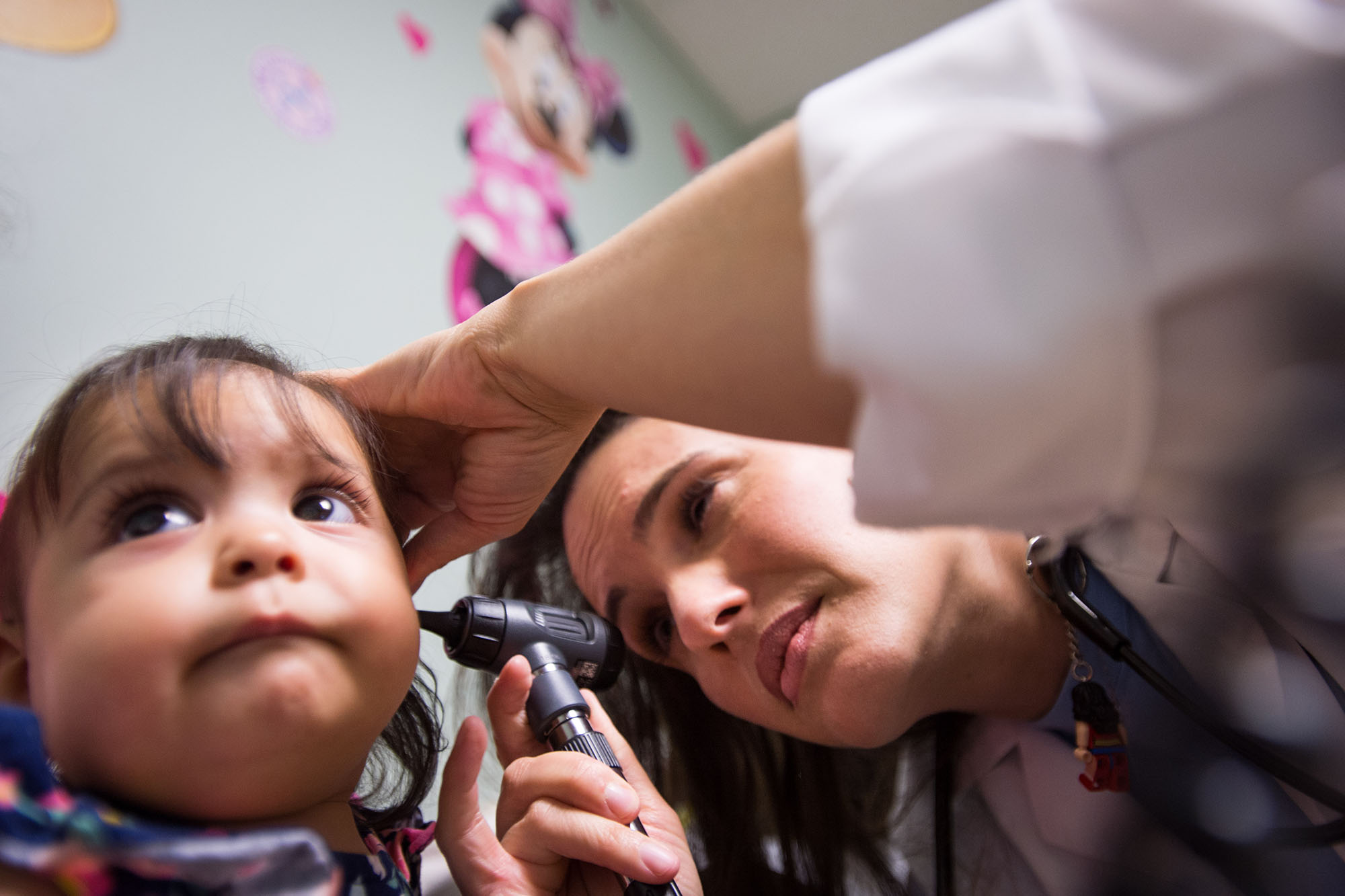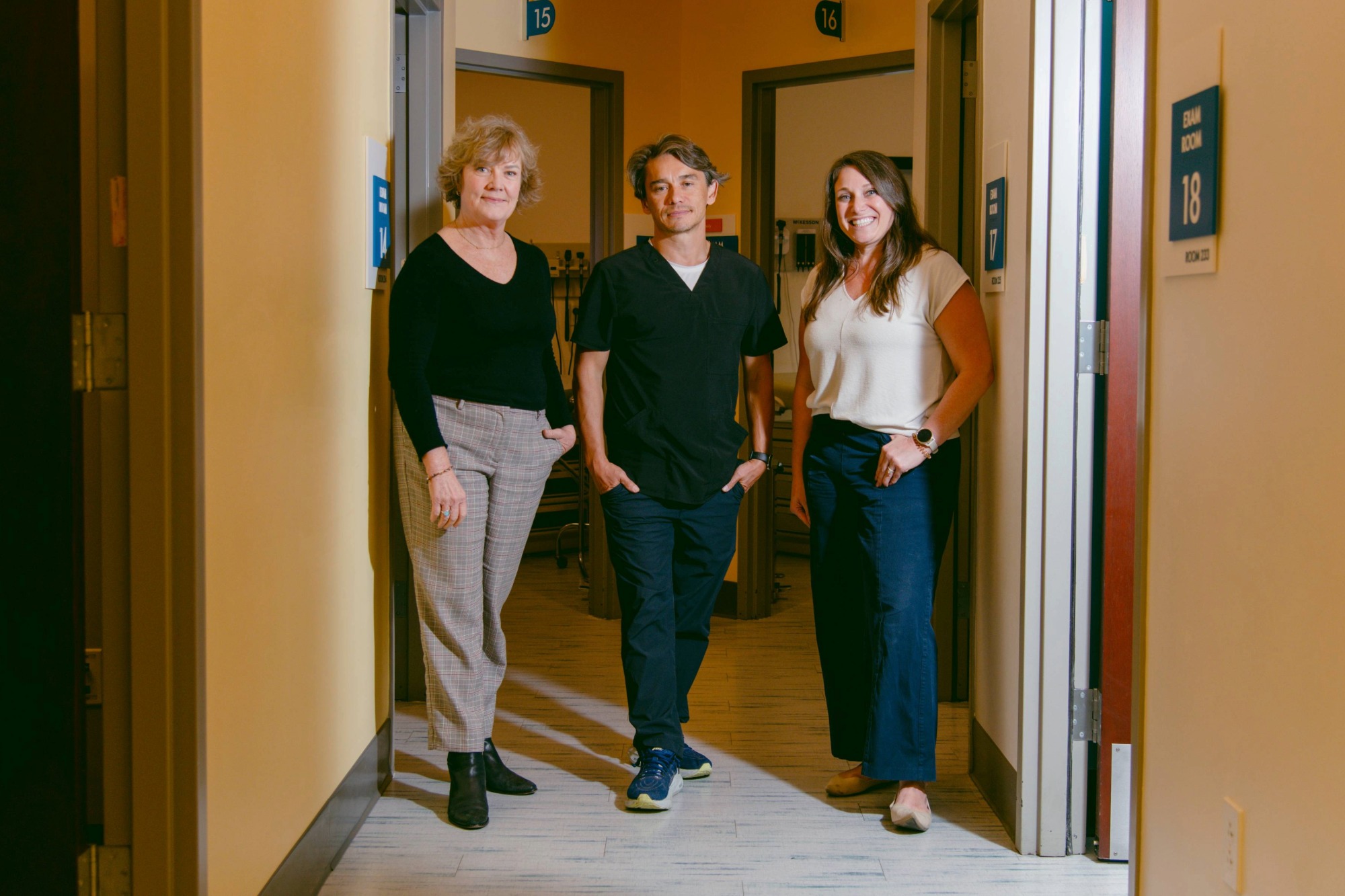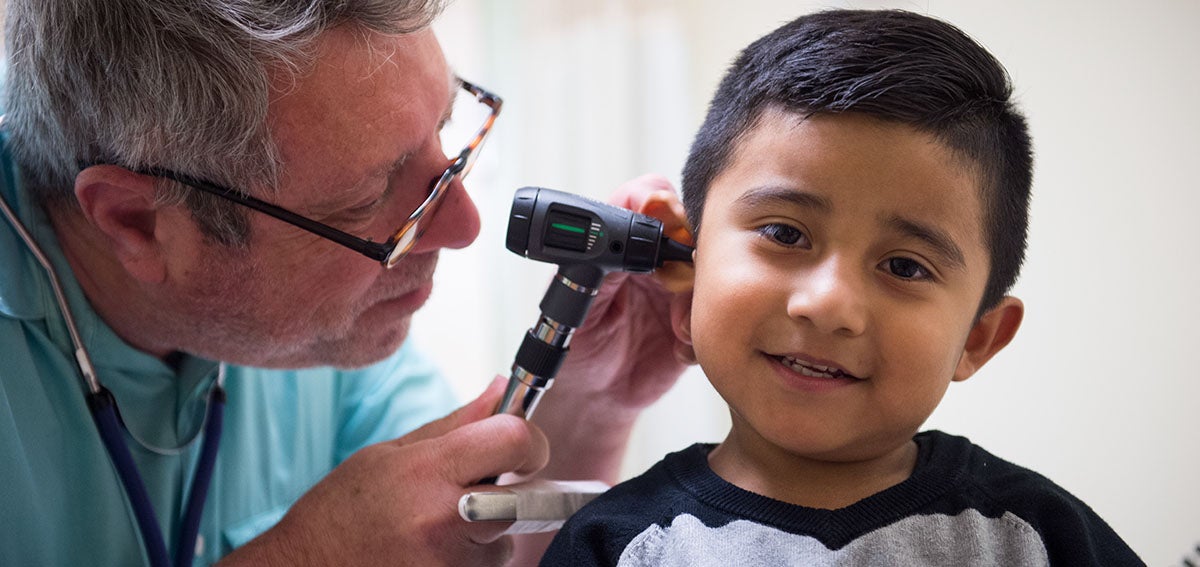Key takeaways
In this report, learn:
- How access to primary care improves health outcomes, especially for vulnerable populations, and is associated with increased life expectancy and lower premature mortality rates.
- How systemic factors create unequal access to primary care based on socioeconomic status, race/ethnicity, and geography, and the consequences of primary care shortages.
- What initiatives and investments California policymakers have made in recent years aimed at strengthening primary care, including workforce development and efforts to increase primary care spending.
- What 10 actionable recommendations summit participants focused on across five key areas: engaging and empowering the community, enhancing education and training, expanding access, improving data standards and sharing, and designing payment for equity.
Primary care is the cornerstone of a fair, efficient, and accessible health care system. It plays a crucial role in improving health equity, yet it’s often overlooked in policy discussions.
As California’s population becomes increasingly diverse, addressing long-standing inequities in health care are imperative for people, communities, and those delivering care. This report builds on state and federal momentum to revitalize primary care infrastructure, emphasizing the need to center these efforts around equity.
This report is the result of a summit of 30 health policy experts, including primary care providers, state officials, consumer advocates, community leaders, and patient representatives. The project was sponsored by the California Health Care Foundation in partnership with Mathematica.
This report is essential reading for policymakers, health care leaders, and advocates committed to improving California’s health care system. It provides a road map for leveraging primary care to address health disparities and create a more equitable health care landscape for all Californians.
Authors & Contributors

Diane Rittenhouse, MD, MPH
Diane Rittenhouse, MD, MPH, is a senior fellow at Mathematica and a professor of family medicine and health policy at University of California, San Francisco. She is nationally recognized for her research on innovations in primary care organization, delivery, finance and workforce — and her ability to translate this research into policy. She has led many studies that have contributed to health care reform discussions.
She was principal investigator for the evaluation of federal efforts to restore, expand, and improve primary care services in greater New Orleans following Hurricane Katrina and co-investigator on multiple large national studies of physician practices. She is principal investigator for the transitional program office to expand graduate medical education in California. She is also principal investigator for a qualitative study of high-performing physician-owned private practices.
Rittenhouse has published in the Journal of the American Medical Association and the New England Journal of Medicine and has been cited in The New York Times, the Wall Street Journal, the Los Angeles Times, and USA Today.
She received her MD from the University of California, Davis, and her MPH with an emphasis in health policy and management from the UC-Berkeley. Before her medical training, she worked for the California Statewide Office of Health Planning and Development and for the deputy assistant secretary for health in Washington, DC.
Rebeckah Muratore, MPH
Rebeckah Muratore is a policy analyst at Mathematica.
Alexandra Ament, MA
Alexandra Ament is an independent consultant.





